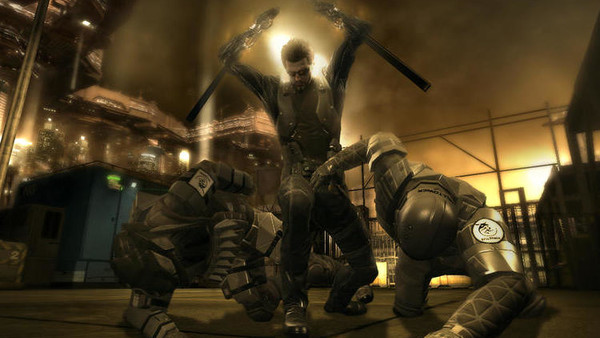Deus Ex FAILED For This Reason
Making a Comeback

Years after Invisible War made a rather limp impression, talks of a third mainline Deus Ex game began to make the rounds in the late 2000s. On the seventh generation of consoles, the franchise would be able to take advantage of both improved horsepower and more detailed tools to bring its world to life. The possibilities were certainly there and behind the scenes, new players sought to take advantage of them.
With Ion Storm having been rendered defunct in 2005, a new developer was needed; Eidos Interactive still held the license despite being taken over by Square Enix in 2009. The company in question was Eidos Montreal, who were formed at the same time new ideas started to circulate; under the working title of Deus Ex 3, continuing the series would be their very first project.

Luckily, this new team pulled it off and the game came together very well. Deus Ex: Human Revolution released in 2011 and stood out as a brilliant comeback for the series that updated it for a new age. It arrived to high acclaim while also faithfully upholding the same freedom of choice that made previous games so memorable.
The first thing you notice about the game is its superb look and art style; relying heavily on black and gold with a touch of renaissance design thrown in, the game emphasises its setting right away. This is a golden age for humanity placed against the onset of incredible new technologies and from here we enter the setting as Adam Jensen, voiced by the highly talented Elias Toufexis.